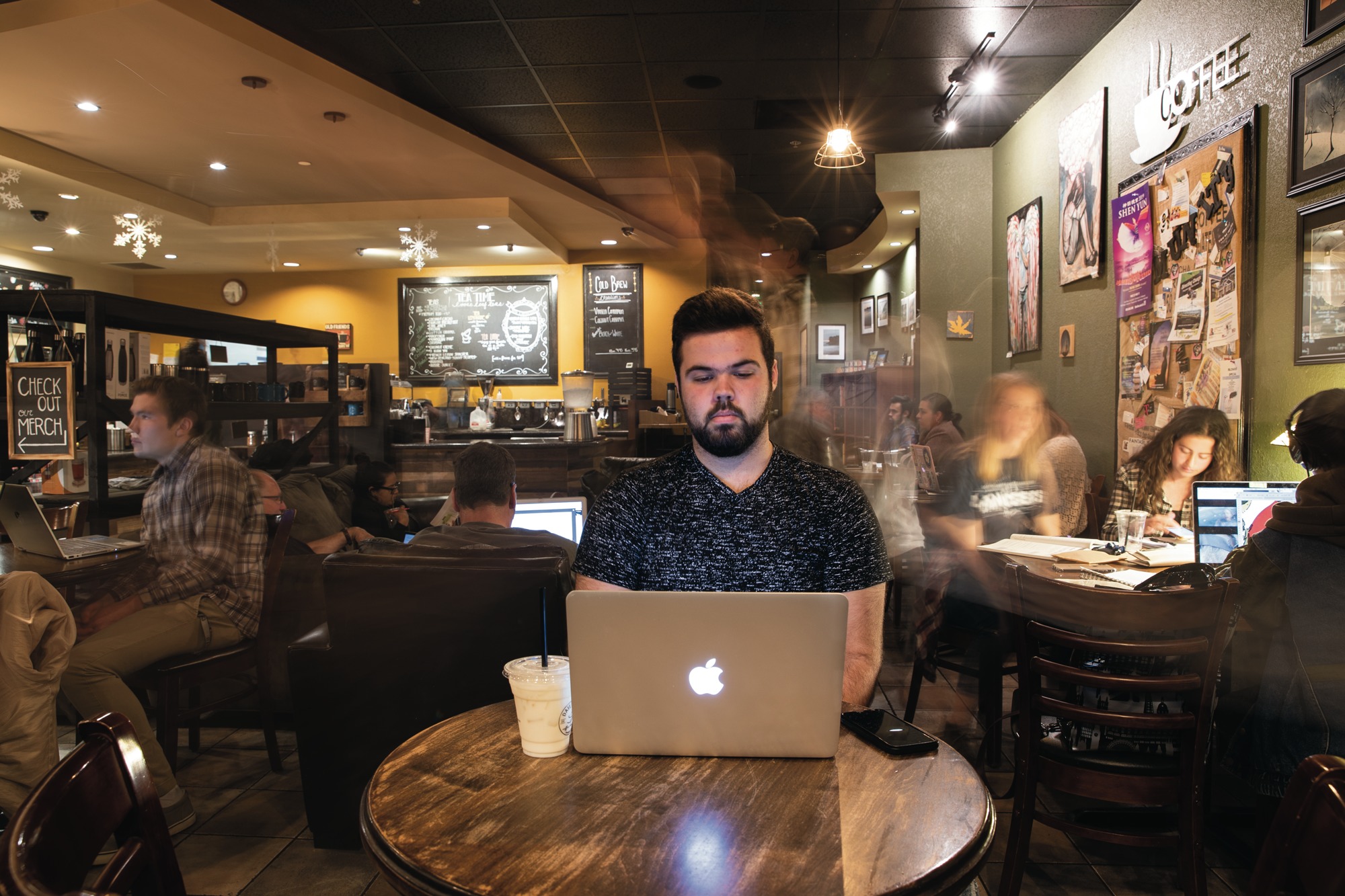
Being alone is a situation that every person has to deal with to some degree. There is a difference, however, between being alone and feeling alone. Loneliness is an emotion, and since humans are emotional beings, it is normal for students to experience this emotion from time to time.
However, it can be difficult for one to understand what loneliness is and why humans experience such a feeling.
Dr. Virgo Handojo, professor of psychology at California Baptist University, said that there are two types of loneliness: Social and emotional.
“Social loneliness is when someone does not have a friend,” Handojo said. “But some people can be lonely even in a crowded space, that is more emotional loneliness.”
In the modern age, loneliness is often linked with social media.
“Social media can make loneliness so much worse because it broadcasts everyone hanging out and having a good time,” said Kirsten Sommer, sophomore communications sciences and disorders major.
The current era has been dubbed by many as the “loneliness epidemic” and it has reigned over society as it enters a new era of social understanding. The Health Resources and Services Administration, an agency of the U.S. Department of Health and Human Services, wrote in a January 2019 newsletter from titled, “The ‘Loneliness Epidemic’” that loneliness and social isolation can be as damaging to health as smoking 15 cigarettes a day.
Morgan Bartholomew, sophomore graphic design major, discussed the emotional side of loneliness and what it truly feels like to experience it.
“It’s like a mental battle with your head,” Bartholomew said. “Because you feel insecure all the time and so even with a group of people around you, you feel as if you don’t belong.”
Along with loneliness comes insecurity. According to a study on loneliness carried out in 2018 by Cigna, a worldwide health insurance organization, Generation Z, those aged 18- 22 years, is the generation that ranked highest in their loneliness index.
Social media, insecurity, social isolation and much more are the major contributors to loneliness, especially among college students. With important assignments and social pressures, it is important to remember that no one is alone in feeling lonely.
“We are in a society that involves a lot of technology and social media,” Bartholomew said. “A lot of us are always behind a screen so it can make us feel more secure. And with that, we can’t gain many social skills.”
With the new wave of technology, and new social media apps constantly emerging, it can become increasingly difficult to step out of one’s comfort zone and interact with others face-to-face. Social media is a tool for the current age, however, it must be dealt with responsibly.
Sommer said it is crucial to remember that it is normal to experience loneliness, just like any other emotion.
“Once you start to open up and talk to others, like in a class, you start to realize that it isn’t just you,” Sommer said. “You’re not the only one stressing. It is normal and other people go through it.”
Accepting the fact that it is normal to feel alone, and having a shared experience with others, is what can start to make it feel okay to endure loneliness sometimes.
“We are here to help the student,” Handojo said. “We are created by God as a social being.”
Being part of a campus club, creating a community in the classroom and making use of the Counseling Center on campus are all healthy ways to deal with loneliness.
The CBU Counseling Center offers free online screenings and short-term therapy sessions. The Counseling Center is located on the Health Science Campus and can be contacted at 951-689-1120.


